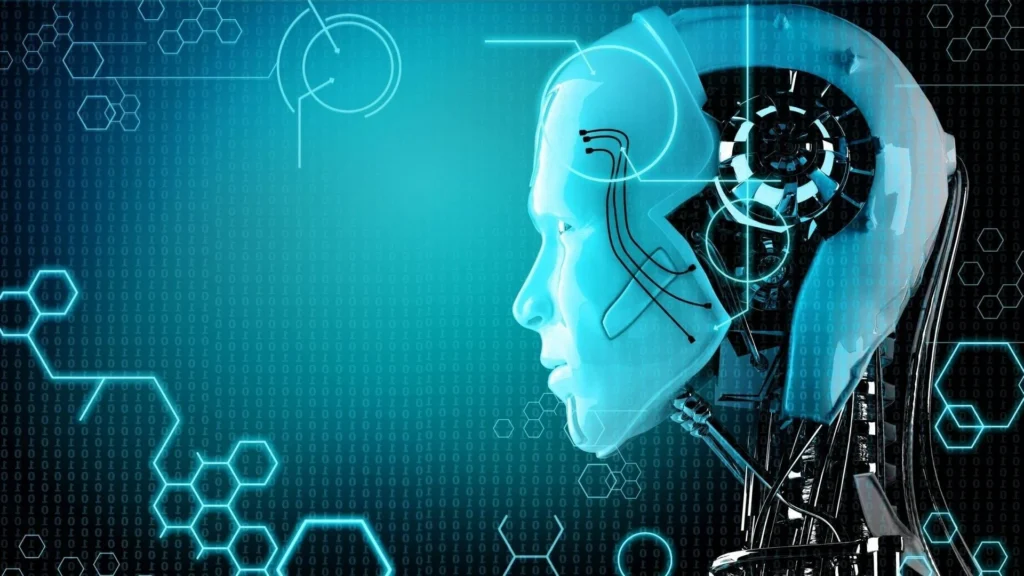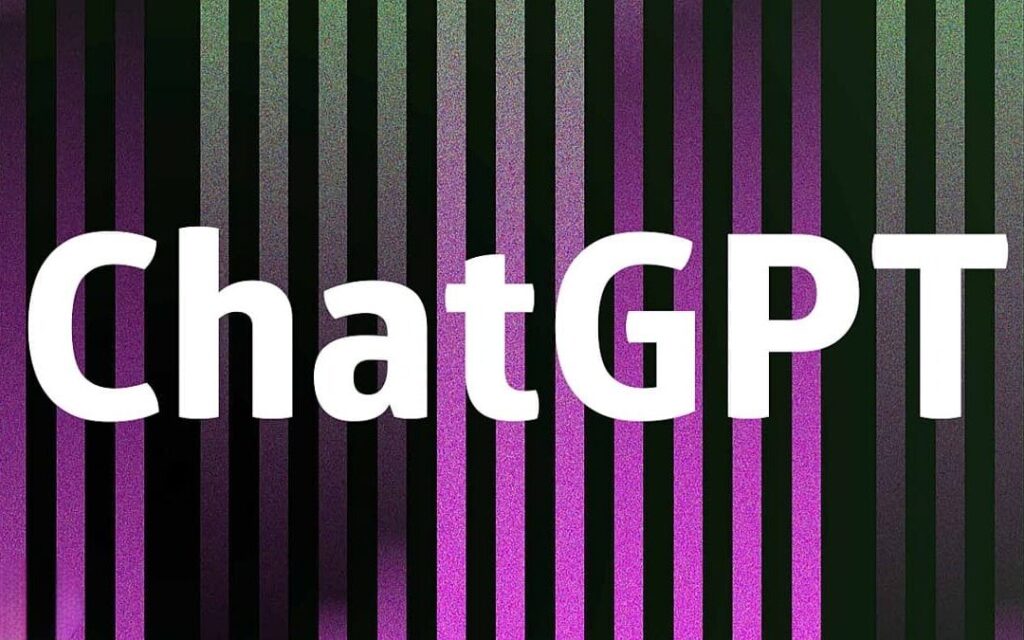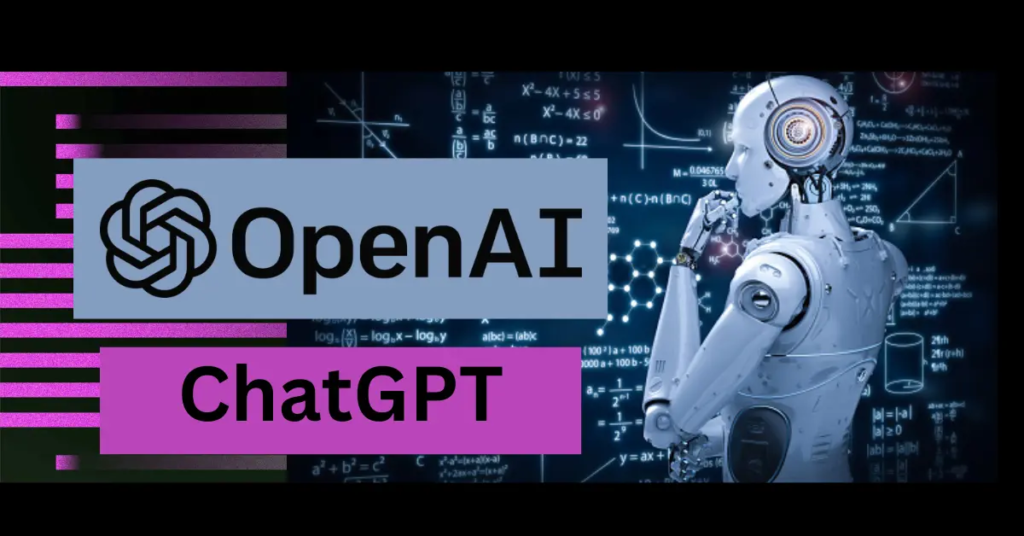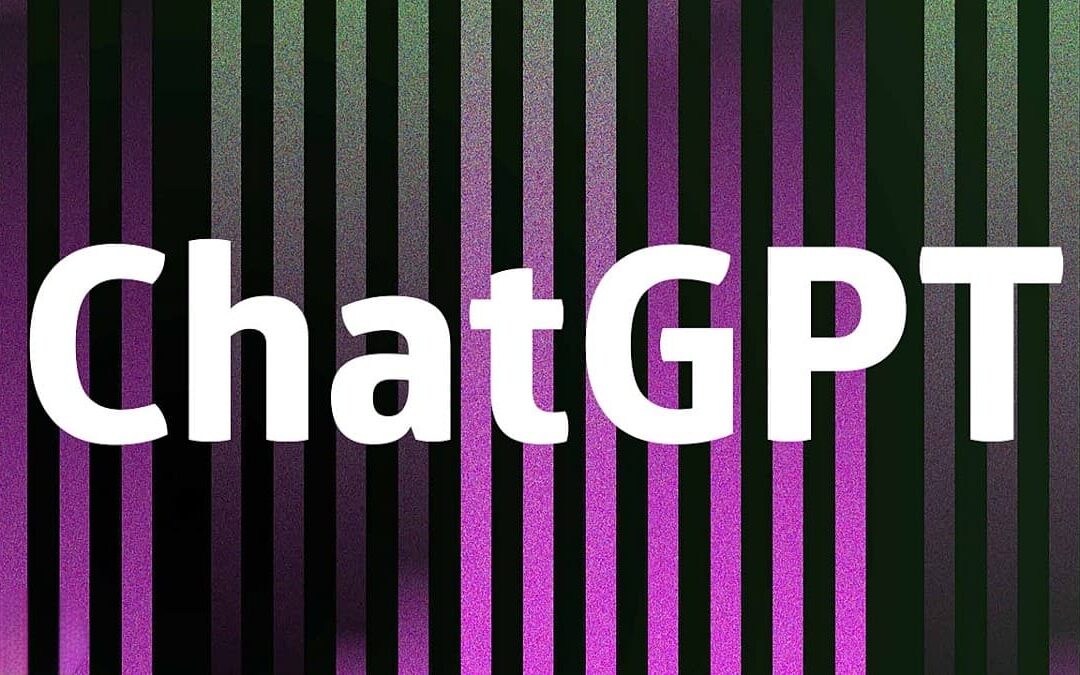Once upon a time, life was simpler. People had to rely on their own intelligence and intuition to solve problems and navigate through the complexities of the world. But then came the age of Artificial Intelligence (AI), and everything changed.
With AI, people are no longer limited by their own cognitive abilities. They can now harness the power of machines to achieve feats that were once thought impossible. From self-driving cars to personalized medicine, AI is revolutionizing the way we live and work.

Imagine a world where AI-powered robots assist with household chores, freeing up time for people to pursue their passions and spend time with loved ones. Or a world where AI algorithms analyze massive amounts of data to predict and prevent disease outbreaks before they occur.
In the field of education, AI is helping students learn in new and innovative ways. Personalized learning algorithms can identify the strengths and weaknesses of individual students, and adapt lesson plans to suit their needs. This means that every student can receive the education that best suits them, regardless of their abilities or background.

In the workplace, AI is enabling new levels of productivity and efficiency. Machines can perform repetitive tasks with greater accuracy and speed than humans, freeing up workers to focus on more complex and creative tasks.
However, there are also concerns about the impact of AI on society. Some worry that AI will lead to widespread job loss, as machines replace human workers. Others fear that AI algorithms may be biased or flawed, leading to unfair outcomes.
Despite these concerns, the potential benefits of AI are enormous. As we continue to develop and refine this technology, we have the opportunity to create a better, more prosperous future for all.
The AI Revolution:Here are a few examples of AI bots and their details:
- Alexa – Developed by Amazon, Alexa is a voice-activated virtual assistant that can perform tasks such as setting reminders, playing music, and ordering groceries. It uses natural language processing and machine learning to understand and respond to user requests.
- Siri – Siri is Apple’s virtual assistant, available on iPhones and other Apple devices. It can perform tasks such as sending texts, setting reminders, and making phone calls. Like Alexa, Siri uses natural language processing and machine learning to understand and respond to user requests.
- Watson – Developed by IBM, Watson is a powerful AI system that can perform tasks such as analyzing data, predicting outcomes, and diagnosing medical conditions. It uses machine learning and natural language processing to understand and interpret complex information.
- Google Assistant – Google Assistant is a virtual assistant developed by Google. It can perform tasks such as setting reminders, answering questions, and controlling smart home devices. Like Alexa and Siri, it uses natural language processing and machine learning to understand and respond to user requests.
- Xiaoice – Developed by Microsoft, Xiaoice is an AI-powered chatbot designed to simulate human conversation. It can engage in conversations on a wide range of topics and even offer emotional support to users. It uses natural language processing and machine learning to understand and respond to user messages.
These are just a few examples of the many AI bots that exist today. As AI technology continues to develop, we can expect to see even more sophisticated and intelligent bots in the future.

Certainly! Here’s some information about ChatGPT and Bing:
- ChatGPT – ChatGPT is a large language model developed by OpenAI, based on the GPT-3 architecture. It is designed to understand natural language and generate human-like responses to user input. ChatGPT has been used in a wide range of applications, including chatbots, language translation, and content creation.
- Bing – Bing is a search engine developed by Microsoft. It uses machine learning and natural language processing to provide relevant search results to users. Bing also offers features such as image and video search, news aggregation, and maps. Bing’s machine learning algorithms help it to continuously improve its search results based on user feedback and behavior.
Both ChatGPT and Bing are examples of how AI technology is being used to improve the way we interact with technology and access information. With advanced machine learning algorithms and natural language processing capabilities, these technologies are making it easier for people to find the information they need and communicate more effectively with computers. As AI continues to evolve, we can expect to see even more innovative applications of this technology in the future.
